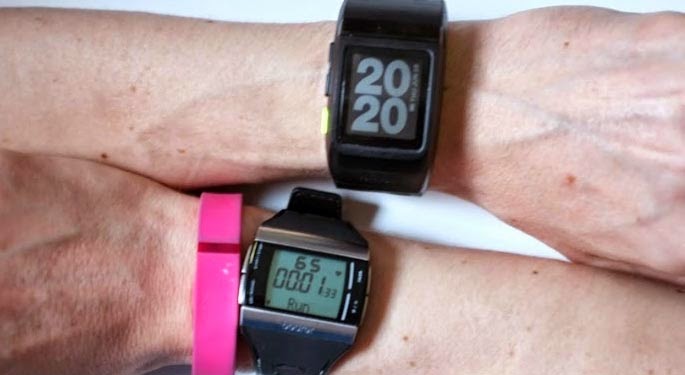With rumours suggesting Amazon is about to launch its own phone, maybe I should start a rumour about the Amazon wearable.
Called the Wearable Technology store, this is an one-stop shop for trackers, smart watches, health products and wearable cameras. The store launches with FitBit and Samsung Gear as highlighted products, also including content from Gizmodo and to-be-released products like lifestyle camera Narrative.
After all, the company has just launched a dedicated storefront for the category.
Called the Wearable Technology store, this is an one-stop shop for trackers, smart watches, health products and wearable cameras. The store launches with FitBit and Samsung Gear as highlighted products, also including content from Gizmodo and to-be-released products like lifestyle camera Narrative.
Yet as we've seen over the years, Amazon has launched its own e-reader, its tablet and its TV streaming box. And now the phone seems likely.
The reason in all these cases is Amazon wants to keep its best customers within its own digital world: each device is a vertical silo whereby customers can only buy Amazon content or content that's distributed through Amazon.
And wearables fit right into this. Wearing an Amazon tracker, the store's recommendation engine could tell you when you need to replace your running shoes (after 500 km), or the best sleeping pills to help with that annoying insomnia.
So forget delivery drones. You'll soon be wearing Bezos on your wrist.




